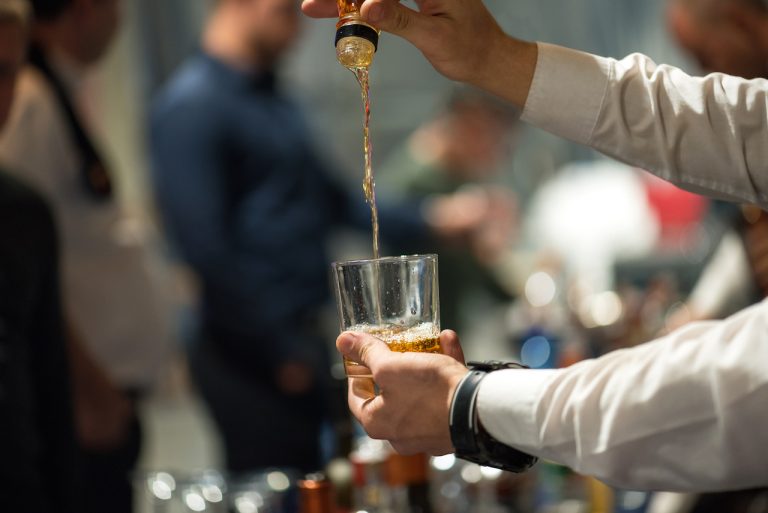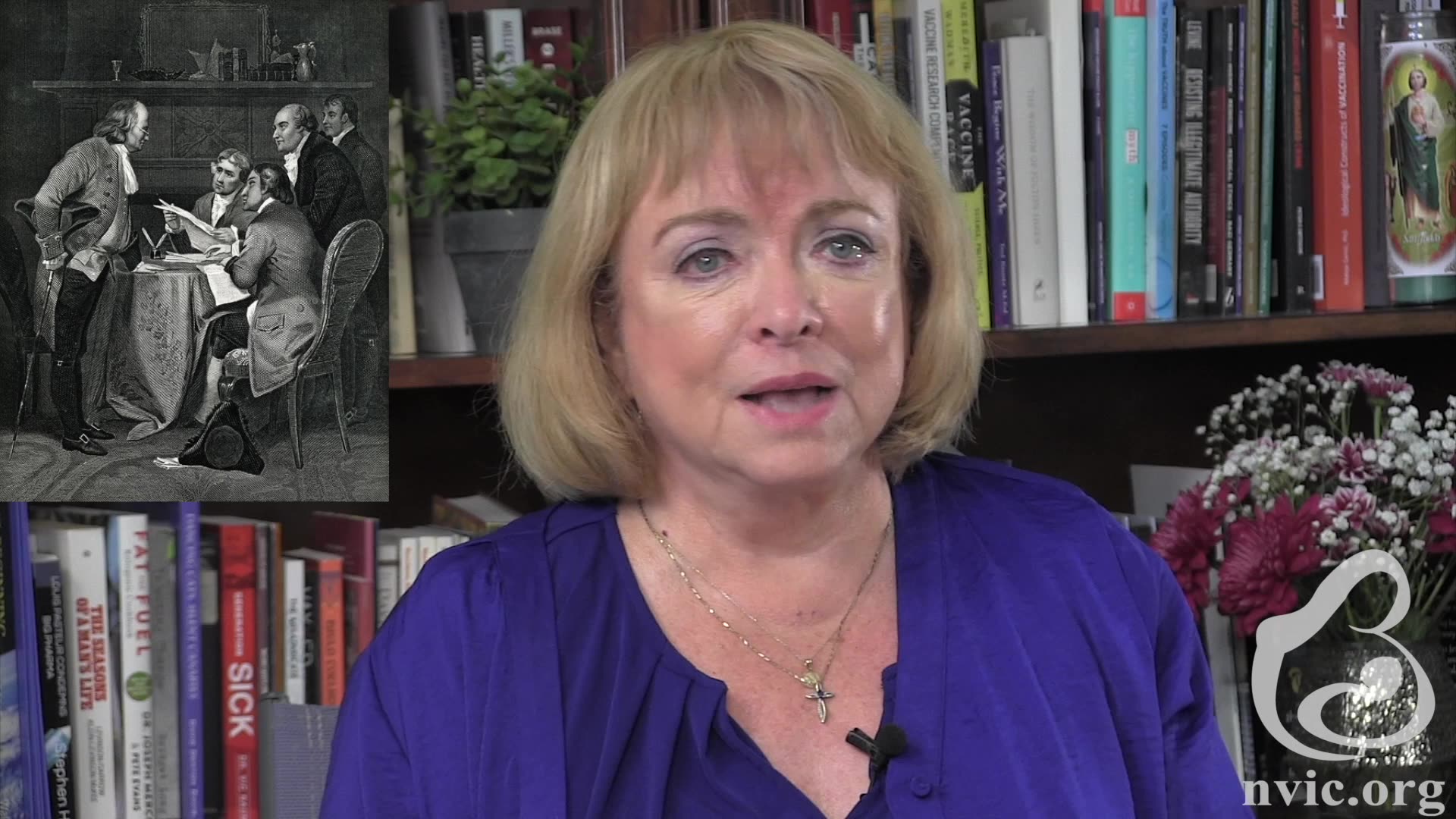Story Highlights
- Health officials in Russia tell Russians to avoid drinking alcohol two weeks prior to and 42 days after receiving the emergency use Sputnik V COVID-19 vaccine
- The Sputnik V manufacturer’s alcohol warning contradicts That of Russian health officials.
- The manufacturer recommends refraining from alcohol three days after each of the two doses of the vaccine.
Russian government health officials are warning their citizens to avoid consuming alcohol for 42 days after receiving the country’s emergency use COVID-19 vaccine known as Sputnik V.1 Sputnik V is administered in two doses 21 days apart.2 Health officials are also warning against smoking before and after vaccination because tobacco smoke irritates the lungs and alters the body’s immune response.3
Health officials estimate that 100,000 Russians have received Sputnik V including military members.4
According to the World Health Organization (WHO), Russia is the fourth largest consumer of alcohol per person in the world, vodka being the national drink. The average Russian consumes 15.1 liters (almost four gallons) of alcohol per year.5
Russian Officials Warn Vaccine Recipients Against Alcohol Consumption
Ana Popova, head of Rospotrebnadzor, The Federal Service for Surveillance on Consumer Rights Protection and Human Wellbeing in Russia, said that people should stop drinking alcohol at least two weeks before getting the first two injections.6 Popova warned consuming alcohol before and after receiving the vaccine alcohol would reduce the body’s ability to build up immunity to the SARS-CoV-2 virus. She stated, “It’s a strain on the body. If we want to be healthy and have a strong immune response, don’t drink alcohol.”7
Russia’s Deputy Prime Minister Tatiana Golikova warned that Russians who receive the vaccine would have to take extra precautions during the 42 days following vaccination. She said;
[Russians] will have to refrain from visiting crowded places, wear face masks, use sanitizers, minimize contacts and refrain from drinking alcohol or taking immunosuppressant drugs.8
“Do Not Drink Alcohol” Warning from Sputnik V Manufacturer
Russian state-run Gamaleya Research Institute of Epidemiology and Microbiology that developed Sputnik V differ in their recommendation on alcohol consumption prior to and after vaccination.9 Alexandr Guinstburg, director of the Gamaleya Centre of Epidemiology and Microbiology said:
Under no circumstances should you get drunk, including during the vaccination process, as alcohol has a negative influence not only on a person’s behavior but also on the functioning of the immune system, but a glass of champagne does not harm anyone.10
He adds that, “But one glass of vodka will. Just 1 per cent of alcohol in the body has a “very negative” impact on the effectiveness of the vaccine.”11
Guinstburg recommends not drinking alcohol three days after each of the two injections of the vaccine.12
Sputnik V Adenovirus Vaccine Will Be Tested in UAE, India, Venezuala, Belarus
The Russian COVID-19 vaccine Sputnik V developed by Gamaleya Research Institute of Epidemiology and Microbiology is an adenoviral-based vaccine against the SARS-CoV-2 virus. Sputnik V uses an attenuated virus to stimulate an immune response.13
Sputnik V is a vector vaccine based on adenovirus DNA, in which the SARS-CoV-2 coronavirus gene is integrated. An adenovirus is used as a “vehicle” to deliver the SARS-CoV-2 gene to cells and start the synthesis of the envelope proteins of the novel coronavirus, by “introducing” the immune system to the potential pathogen.14
According to the Sputnik V website, the ongoing Sputnik V post-registration clinical trial in Russia involves 40,000 volunteers. Clinical trials of Sputnik V have been announced in the United Arab Emirates, India, Venezuela and Belarus. The efficacy of the Sputnik V vaccine is 91.4 percent based on the second interim analysis of data obtained 28 days after administering the first dose and 7 days after the second dose.15
AstraZeneca to Partner With Russian Scientists to Investigate Combining Their COVID-19 Vaccines
British pharmaceutical AstraZeneca announced it would soon start working in collaboration with Russia’s Gamaleya Research Institute of Epidemiology and Microbiology to investigate whether their two COVID-19 vaccine candidates, both based on adenovirus vectors, could be combined.16
AstraZeneca issued the following statement:
Being able to combine different COVID-19 vaccines may be helpful to improved protection and/or to improve vaccine accessibility. This why it is important to explore different vaccine combinations to help make immunization programs more flexible, by allowing physicians greater choice at the time of administering vaccines. It is also likely that combining vaccines may lead to improved immunity over a longer-period of time.17
The Oxford University and AstraZeneca COVID-19 vaccine candidate uses a chimpanzee adenovirus viral vector to trigger expression of the characteristic spike protein of SARS-CoV-2.18
Click here to view References:
1 Willeke B. No alcohol after COVID vaccine; answer differs between Russian health official and vaccine developer. Fox2Now Dec. 10, 2020.
2 Voronin D. No Alcohol for 2 Months, Russia Tells Coronavirus Vaccine Recipients. TheMoscow Times Dec. 9, 2020.
3 Ibid.
4 Ibid.
5 Ibid.
6 World Health Organization. Alcohol Consumption.
7 See Footnote 1.
8 Folk Z. No drinking alcohol for two months after COVID-19 vaccine, Russia tells citizens. New York Post Dec. 9, 2020.
9 EuroNews. Vaccine or vodka? Russians told to choose their shot. Dec. 12, 2020.
10 Ibid.
11 Ibid.
12 Ibid.
13 Precision Vaccinations. Sputnik V Vaccine. Dec. 11, 2020.
14 Ibid.
15 Sputnik V. GENERAL INFORMATION. SputnikVaccine.com.
16 Meredith S. AstraZeneca to work on Covid vaccine combinations with Russia’s Sputnik V developers. CNBC Dec. 11, 2020.
17 AstraZeneca. Developing Versatile Immunization Programmes Against COVID-19 Through Potential Vaccine Combinations. Dec. 11, 2020.
18 Van Beusekom M. Phase 3 trials show AstraZeneca COVID vaccine has up to 90% efficacy. Center for Infectious Disease Research and Policy Dec. 8, 2020.













5 Responses
Interesting, although short and lacking some details. I wonder what is truly the reason for being so vocal about avoidance of alcohol…. I guess, like for everything else we will have to wait to know the truth.
With all the exceptions that affect the vaccines working with your immune system, I wonder if it would be best to have the vaccine after you are dead. No complications then. With these problems and the possible side effects and the fact that these vaccines are only going to work on mild cases, if at all, what is the point of getting these shots? Unbeknownst to the general public, vaccines have caused numerous problems over many decades..mostly well hidden and a sacrilege to talk about.
We need to just let everyone who wants this go ahead and get it. The more noise we make the more apt the government is to make this vaccine mandatory. Let them get the vaccine and suffer the consequences, and just leave my family alone, period.
Uh humm… champagne is okay, but not vodka? In Russia?
1 percent alcohol in body has a ‘very negative’ impact on effectiveness of vaccine. How negative?
No alcohol for 2 weeks BEFORE vaccination?
Govt says 3 days abstinence from alcohol AFTER vaccination, manufacturer says 6 weeks!
Hmmm… is it 3 days or 6 weeks? For each of 2 required doses…
Does anybody really know? Does anybody really care?
Combining vaccines from different manufacturers makes it harder to determine who/what caused a vaccine reaction. With liability a non-issue, does anybody really even need to keep track of what we’re being injected with or who created it?
I N S A N I T Y !!
If it was in the US, they’d tell you to drink MORE booze.